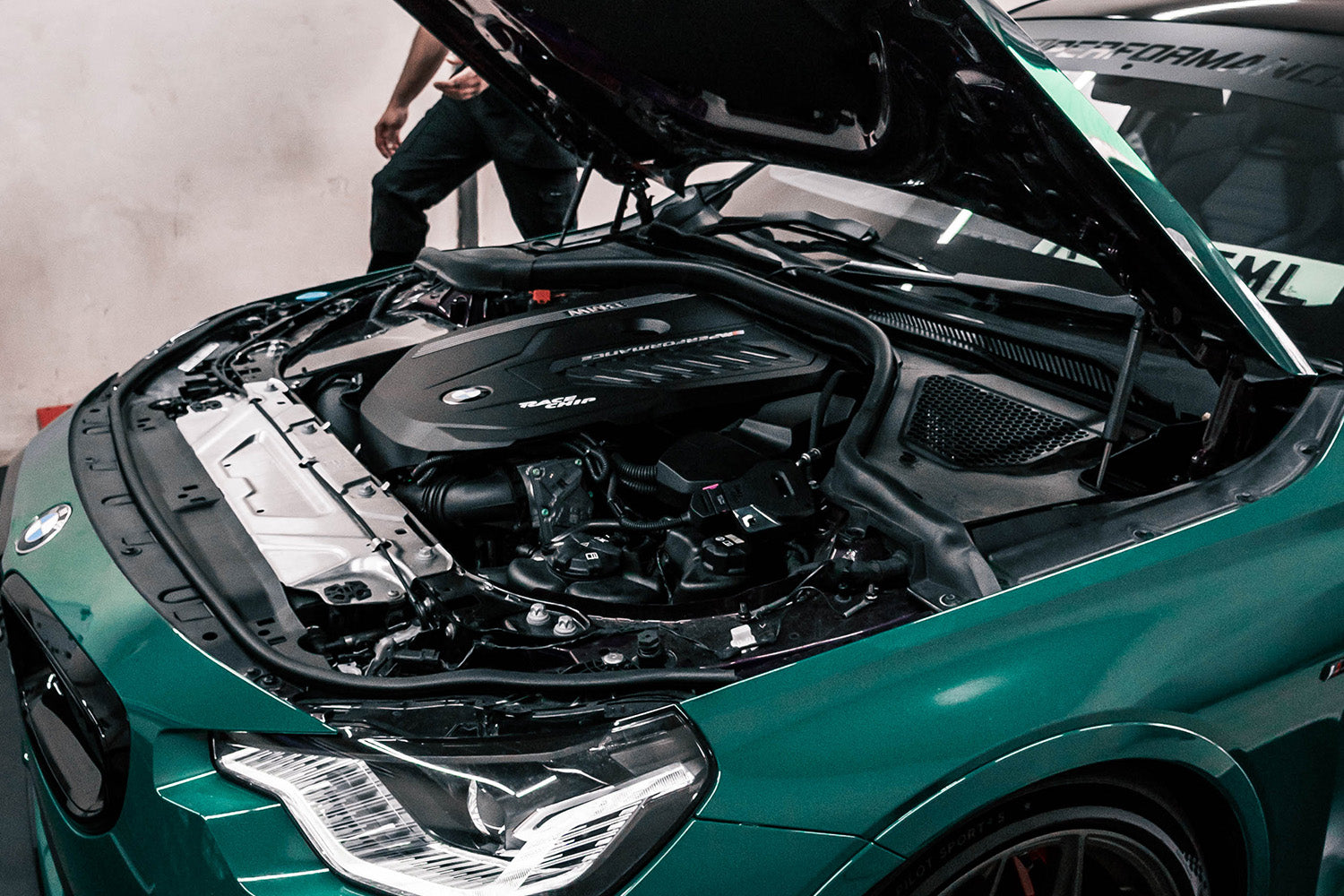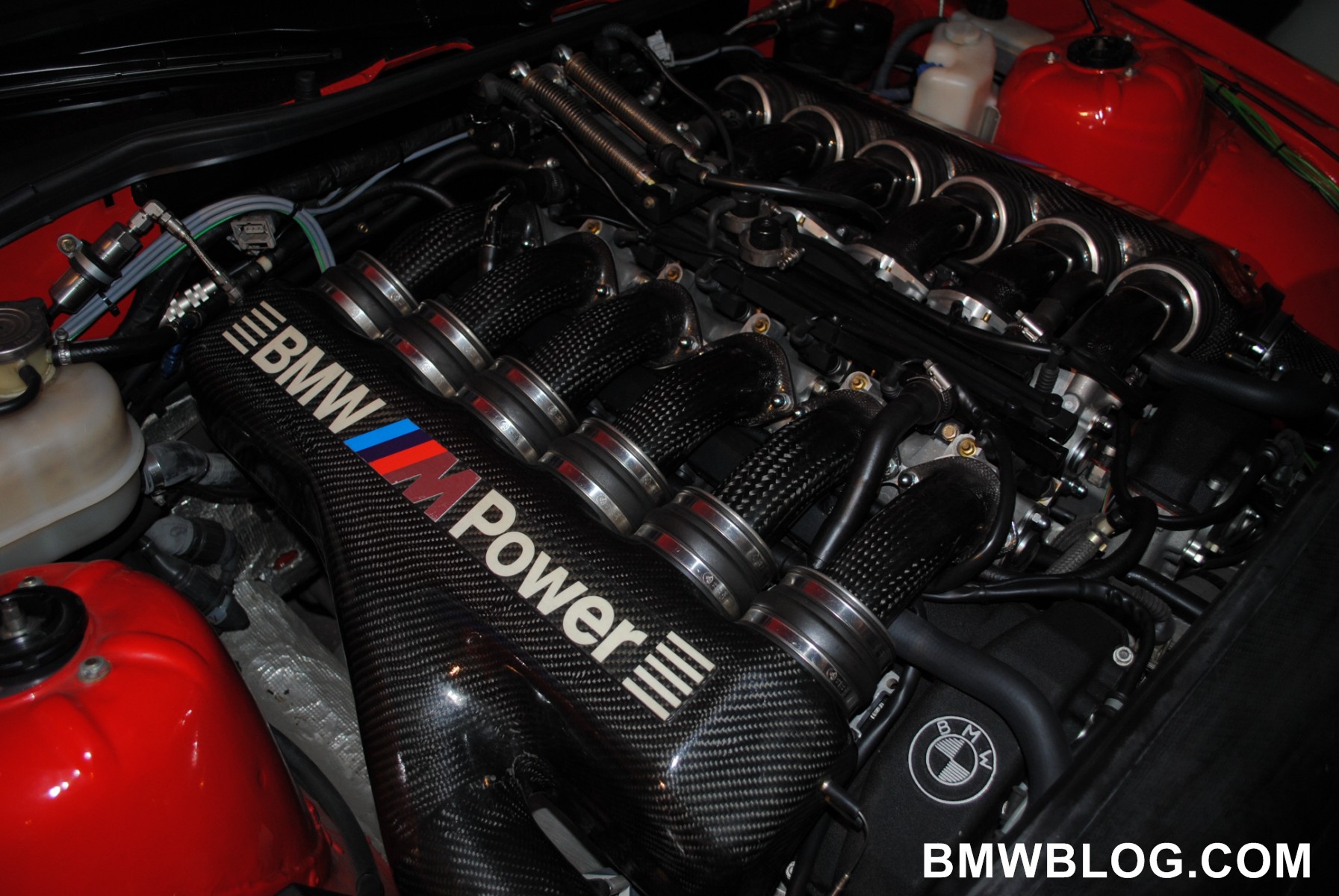A Comprehensive Overview to Understanding BMW Engine Specifications
Unveiling the Intricacies of Next-Generation Power Units: a Deep Study Advanced Engine Layouts and Technologies
In the world of automobile engineering, the ruthless quest of efficiency, sustainability, and efficiency has actually thrust the evolution of power systems to extraordinary elevations. As we depend on the precipice of a new age in transportation, the complexities of next-generation engine designs beckon us to explore the sophisticated innovations and technologies that promise to redefine the driving experience. From sophisticated products that press the borders of toughness and weight reduction to sophisticated turbocharging and turbo charging systems that boost power outcome to new levels, each part of these power systems holds an essential to opening the future of auto design. Delving much deeper into the worlds of exhaust control, smart engine administration systems, and the horizon of power system development, we locate ourselves on the cusp of a transformation that assures to improve the landscape of wheelchair as we understand it.
Advancement of Engine Materials

The change in the direction of progressed engine materials has likewise made it possible for designers to develop engines with greater power outputs while preserving fuel effectiveness criteria. The use of light-weight products decreases the general weight of the engine, leading to boosted fuel economy and reduced discharges. In addition, advancements in products modern technology have permitted much better thermal administration within engines, leading to enhanced reliability and longevity.
Turbocharging and Supercharging Technologies
How do Turbocharging and Supercharging Technologies revolutionize engine efficiency and efficiency in contemporary vehicles? Turbo charging and turbocharging are technologies that significantly boost engine efficiency by boosting the amount of air consumption right into the burning chamber. Turbocharging achieves this by using a wind turbine driven by exhaust gases to pressurize the consumption air, while supercharging uses a belt- or chain-driven compressor to accomplish the same result.
These innovations enable smaller sized, much more fuel-efficient engines to generate power equivalent to larger ones, known as downsizing. Forcibly more air right into the cylinders, turbo charging and turbocharging enhance burning effectiveness, causing enhanced horse power and torque output without a significant boost in engine dimension. This results in far better acceleration, pulling capability, and overall driving efficiency.
Moreover, turbo charging and turbocharging add to improved gas effectiveness by allowing the usage of smaller engines that eat much less gas under typical driving problems - bmw engine. This mix of boosted efficiency and effectiveness has made turbocharging and supercharging important components of lots of modern-day engine layouts
Discharge Control and Environmental Effect
With enhancing worldwide worries regarding air quality and ecological sustainability, the implementation of exhaust control modern technologies in lorries plays a critical function in minimizing dangerous pollutants launched right into the ambience. Modern lorries are furnished with advanced emission control systems that aid reduce the ecological influence of automobile operations. Catalytic converters, for example, are designed to transform toxic gases such as carbon monoxide gas, nitrogen oxides, and hydrocarbons right into much less dangerous substances like co2 and water vapor.
Furthermore, developments in engine innovation, such as the integration of exhaust gas recirculation systems and discerning catalytic decrease, have significantly added to decreasing exhausts. These modern technologies work in tandem to enhance combustion effectiveness and minimize the launch of unsafe contaminants into the look here air. Furthermore, the advancement of hybrid and electric cars represents an essential action in the direction of decreasing the overall ecological footprint of the transportation industry.
Intelligent Engine Management Systems

Additionally, these systems allow cars to fulfill rigorous emissions criteria without compromising efficiency, supplying a more ecologically pleasant driving experience. The combination of man-made intelligence and equipment understanding abilities in engine monitoring systems remains to press the limits of what is possible, leading to additional enhancements in Website performance, reliability, and total lorry efficiency. bmw engine. As automobile innovation advances, intelligent engine management systems will certainly play a vital duty fit the future of transport in the direction of a much more lasting and effective instructions
Future Trends in Power Unit Development
As smart engine monitoring systems pave the way for boosted control and optimization in contemporary lorries, future trends in power unit growth are positioned to redefine the landscape of auto propulsion innovations. These different power sources offer enhanced performance and performance while aligning with stringent ecological laws.
An additional considerable pattern is the integration of innovative materials and making techniques. Light-weight products such as carbon fiber and light weight aluminum are being made use of to minimize general automobile weight, boosting fuel efficiency and efficiency. Furthermore, advancements in 3D printing and additive manufacturing are allowing the production of intricate engine components with greater accuracy and longevity.
Furthermore, expert system and artificial intelligence are playing a vital duty in enhancing power unit efficiency. These modern technologies permit real-time monitoring and adaptive control, causing a lot more reputable and reliable power distribution. In general, future fads in power unit advancement are tailored towards performance, efficiency, and sustainability, driving the vehicle market in the direction of a brand-new period of propulsion technologies.

Conclusion
In conclusion, the improvements in engine materials, turbocharging, emission read the article control, and intelligent management systems have actually paved the method for next-generation power units. The elaborate layouts and advancements in modern-day engines display the recurring evolution of automotive technology.
Exploring the progressive developments in engine materials has actually been essential in boosting the efficiency and performance of modern engines. Over the years, the evolution of engine products has actually played an essential role in pressing the limits of what engines can achieve.The shift towards progressed engine products has actually likewise enabled engineers to make engines with higher power outputs while preserving fuel effectiveness requirements.The implementation of intelligent engine management systems in modern-day vehicles has changed the means engines are regulated and enhanced for efficiency and effectiveness. By accumulating information in real-time and assessing it with sophisticated formulas, intelligent engine administration systems can adjust to driving designs, environmental elements, and engine wellness to make best use of power outcome while reducing gas usage and emissions.